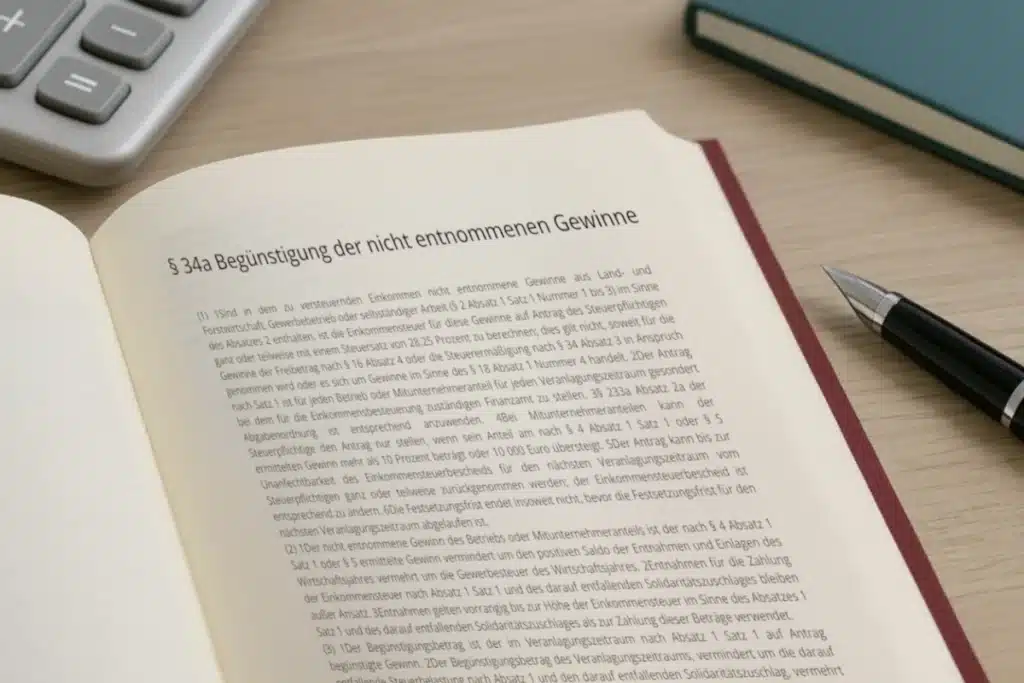An investment fund company with its registered office in Luxembourg, where it had the legal form of a société en commandite simple (S.C.S.), decided by shareholder resolution to transfer its registered office from Luxembourg to Germany and to convert its legal form into a limited partnership under German law. The German registry court rejected the entry in the commercial register on the grounds that German law did not provide any regulations for this and that the transfer of the registered office was therefore inadmissible. However, according to the decision of the OLG Oldenburg, decision of 30 June 2020 - 12 W 23/20 (HR), in NZG 2020, 992 ff. this is not the case. The court ultimately had to decide whether an identity-preserving merger of a foreign partnership into a German partnership is legally permissible and therefore whether a transfer of the partnership's registered office from Luxembourg to Germany is required to be entered in the commercial register. The court answered in the affirmative.
It is true that the German Reorganisation Act does not in principle regulate the change of legal form of a partnership into the legal form of another partnership, which applies to both domestic and cross-border situations. However, the lack of a provision in the German Reorganisation Act does not mean that German law does not permit the change of a partnership into the legal form of another partnership - whether domestic or cross-border. Rather, there is no corresponding provision in the German Reorganisation Act because the change of legal form between different legal forms of partnerships takes place in accordance with the general provisions of the German Commercial Code (HGB) and therefore the Reorganisation Act does not have to provide any regulations in this regard.
If a company formed under the law of a foreign state transfers its administrative headquarters to Germany, this generally means that this company is to be treated as a general partnership or partnership under civil law in Germany, depending on the corporate purpose it pursues. This principle is a consequence of the so-called domicile theory. The cross-border change of legal form of a foreign company into a German partnership is therefore already possible and permissible under German national law.
According to the court, the question of whether the cross-border change of legal form can also be carried out while preserving the identity of the company is not determined by the law of the host country (in this case Germany), but by the company law of the country of origin - in this case Luxembourg - which must allow the cross-border transfer of the registered office while preserving the identity of the company. Since the relevant Luxembourg law in this case permits a change of legal form that preserves the identity of the company by means of a cross-border transfer of the registered office, the transfer of the registered office that preserves the identity of the company is also legally possible and permissible.
The scope of application of this judgement is likely to be quite common in practice, as many funds are initially set up in Luxembourg and then later want to relocate to Germany, e.g. for tax reasons (place of management, etc.).
Your TAXGATE team will be happy to advise you in connection with the establishment and restructuring of investment funds. In addition to tax law issues, we also specialise in corporate and supervisory law aspects.







